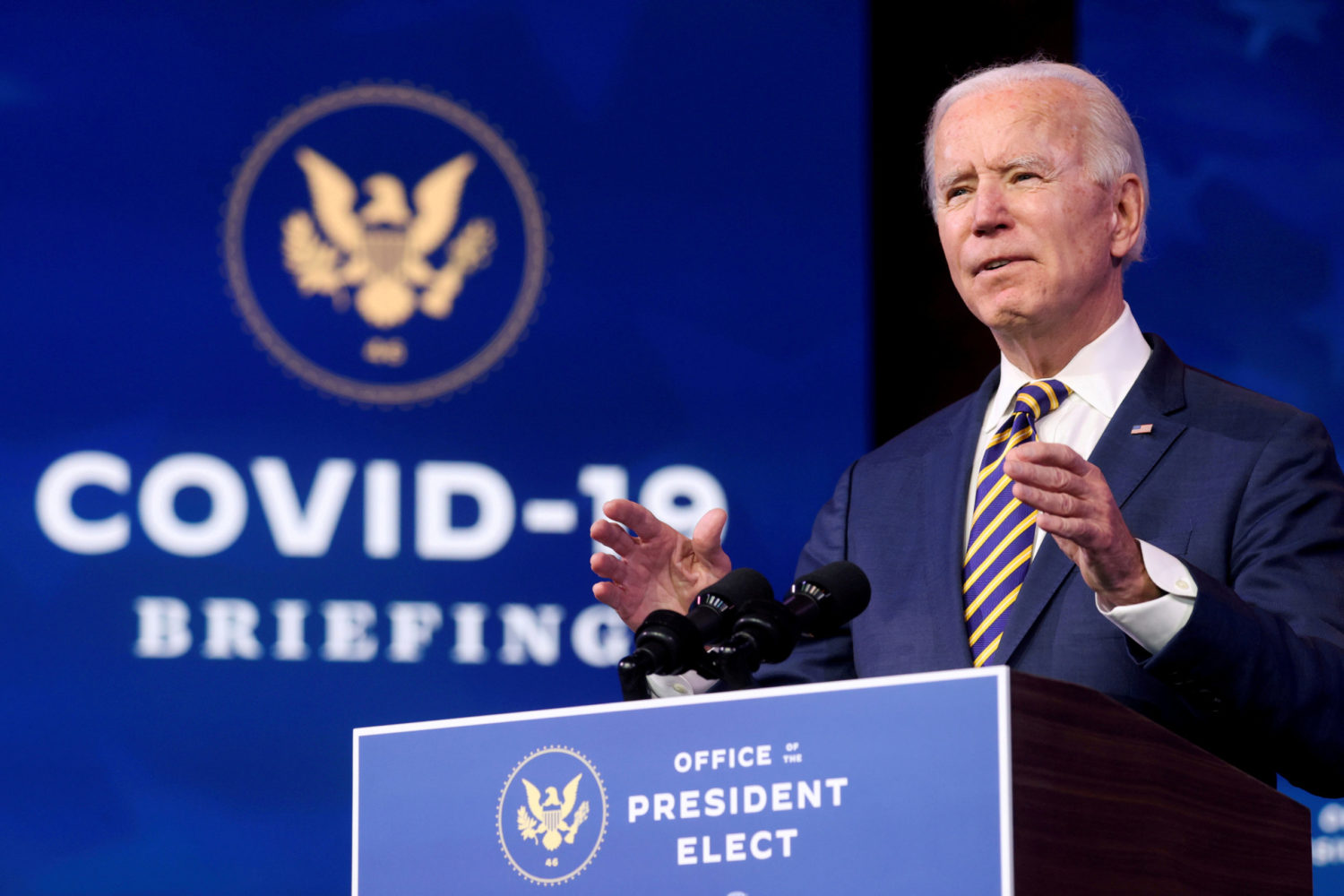
WASHINGTON (Reuters) -U.S. Treasury Secretary Janet Yellen urged lawmakers on Friday to increase or suspend the nation’s debt limit as soon as possible and warned that if Congress does not act by Aug. 2, the Treasury Department will need to take “extraordinary measures” to prevent a U.S. default.
As a partisan fight over raising the debt ceiling erupted in Congress, Yellen told House of Representatives Speaker Nancy Pelosi in a letter that the outstanding debt of the United States will be at the statutory limit on Aug 1.
“Today, Treasury is announcing that it will suspend the sale of State and Local Government Series (SLGS) securities at 12:00 p.m. on July 30, 2021,” Yellen said in the letter, also sent to other congressional leaders from both parties.
The suspension will continue until the debt ceiling is suspended or raised, Yellen said.
“If Congress has not acted to suspend or increase the debt limit by Monday, August 2, 2021, Treasury will need to start taking certain additional extraordinary measures in order to prevent the United States from defaulting on its obligations,” Yellen added.
A failure to work out differences over whether government spending cuts should accompany an increase in the statutory debt limit, currently set at $28.5 trillion, could lead to a federal government shutdown – as has happened three times in the past decade – or even a debt default.
(Reporting by Doina Chiacu and Susan Heavey; Editing by Franklin Paul and Will Dunham)




